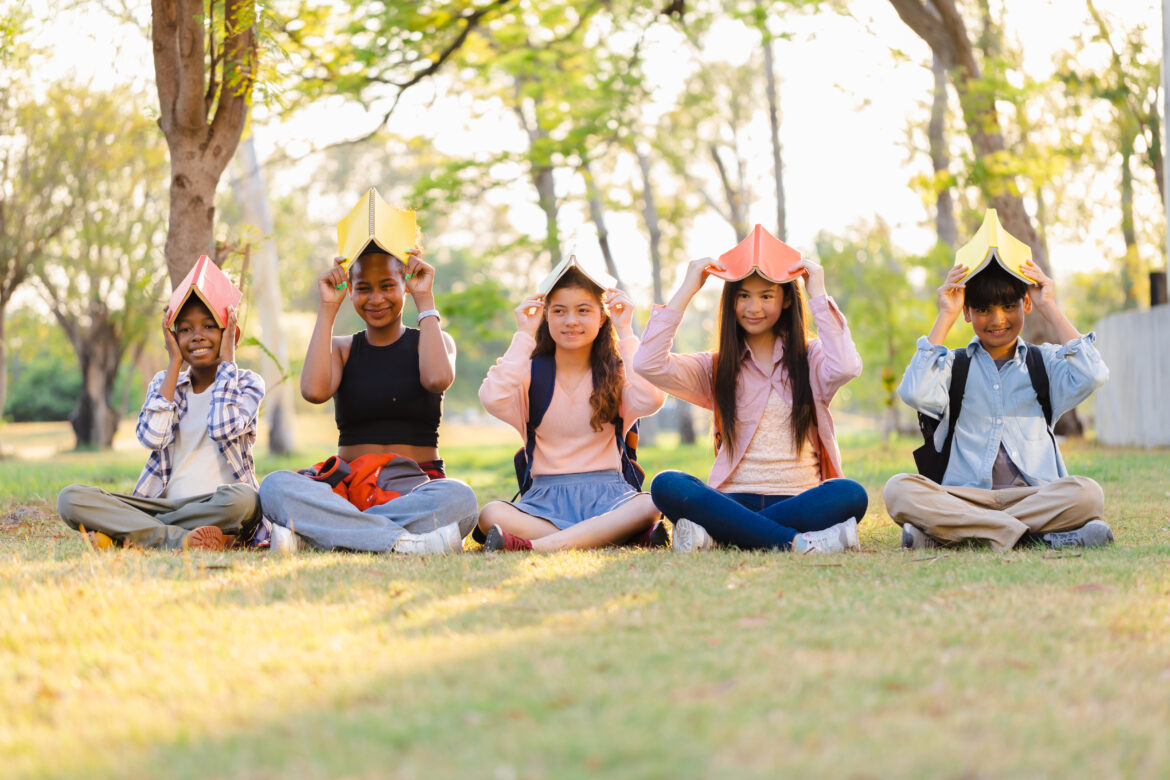10.3K
In today’s fast-paced educational landscape, students frequently experience significant pressure to excel academically while juggling extracurricular activities and personal challenges. Implementing mindfulness practices can provide essential tools for improving focus, managing stress, and enhancing overall mental well-being. Here are ten highly effective mindfulness techniques specifically designed for students:
- Deep Breathing Exercises
Take a few minutes to practice deep breathing. Inhale deeply through your nose, hold for a few seconds, and exhale slowly through your mouth. This helps reduce stress and increases focus.
- Body Scan Meditation
Lie down or sit comfortably and mentally scan your body from head to toe. Notice any tension and consciously relax each area. This technique promotes relaxation and self-awareness.
- Mindful Journaling
Spend a few minutes each day writing about your thoughts, feelings, and experiences. This practice helps you process emotions and enhances self-reflection.
- Gratitude Practice
Write down three things you are grateful for each day. This simple exercise shifts your focus from stress to positive aspects of your life, promoting a positive mindset.
- Mindful Walking
Go for a walk and pay attention to each step. Notice how your feet touch the ground, the sounds around you, and your breathing rhythm. This helps bring awareness to your surroundings.
- Five Senses Exercise
Take a moment to identify five things you can see, four things you can touch, three things you can hear, two things you can smell, and one thing you can taste. This grounding technique enhances present-moment awareness.
- Mindful Listening
Practice active listening during conversations. Focus entirely on what the other person is saying without planning your response. This improves your communication skills and enhances relationships.
- Visualization Techniques
Spend a few minutes visualizing a calm and peaceful place. This mental imagery can help reduce anxiety and enhance concentration by creating a positive mental space.
- Mindful Eating
During meals, eat slowly and savor each bite. Pay attention to the flavors, textures, and your body’s hunger signals. This encourages mindfulness and promotes healthier eating habits.
- Daily Reflection
At the end of each day, reflect on what went well and what you learned. This practice encourages mindfulness about your experiences and helps you set intentions for the next day.
Incorporating these mindfulness techniques into daily routines can lead to improved focus, reduced stress, and enhanced mental well-being for students.


